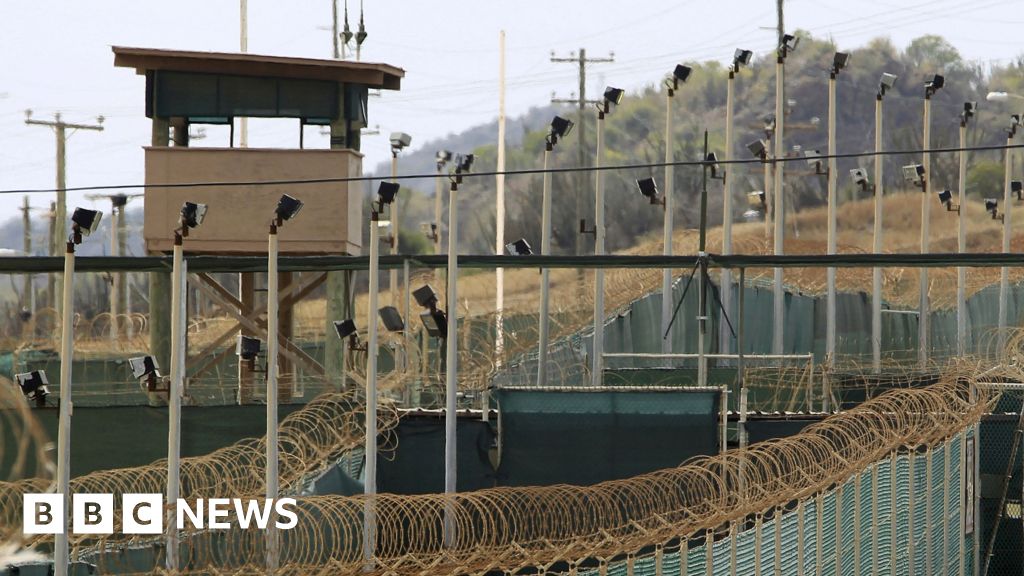Despite some of the West’s toughest sanctions, Iran has built a roaring global trade for its oil. It relies on a shadow fleet of tankers that conceal their activities to skirt sanctions, and willing buyers in Asia to keep its economy afloat and to finance anti-Western militias in the Middle East.
Tehran’s oil exports brought in $53 billion in 2023 and $54 billion a year earlier, according to U.S. Energy Information Administration estimates, and output during 2024 was running at its highest since 2018, based on OPEC data.
It was former U.S. President Donald Trump who ditched the West’s nuclear deal with Iran and reimposed sanctions on Iranian oil in 2018. Set to return to the White House in January, Trump is expected to once again target Iran’s oil industry with “maximum pressure”, say Iranian, Arab and Western officials.
While Iran’s methods have been well guarded, the leaked emails exposed unusually granular detail about the day-to-day workings of a company that has helped keep Tehran’s multibillion dollar oil industry alive.
Hacking group PRANA Network leaked the Sahara Thunder emails in February last year because it wanted to lift the lid on Iran’s circumvention of Western sanctions, two of the hackers told Reuters.
In April, the United States sanctioned Sahara Thunder, labelling it a “front company” for Iran’s government which supported its elite Revolutionary Guards with a vast shipping network.
Sahara Thunder is based in Tehran and describes itself as an import-export, construction and contracting firm in sectors including oil and gas, according to an archived version of its website.
Sahara Thunder’s email addresses were no longer active when Reuters reached out for comment and the news agency was unable to determine whether it is still in business. Sahara Thunder’s website now brings up a Chinese sports gambling page. Emails to people and addresses associated with the company in the data leak did not get replies.
Iranian officials did not respond to requests for comment.
Extracts from emails between Sahara Thunder and its partners showed how they shifted their cargoes from vessel to vessel, forged documents, painted ships with new identities, faked tracking signals to disguise their locations, and took painstaking measures to avoid any trace of Iran.





